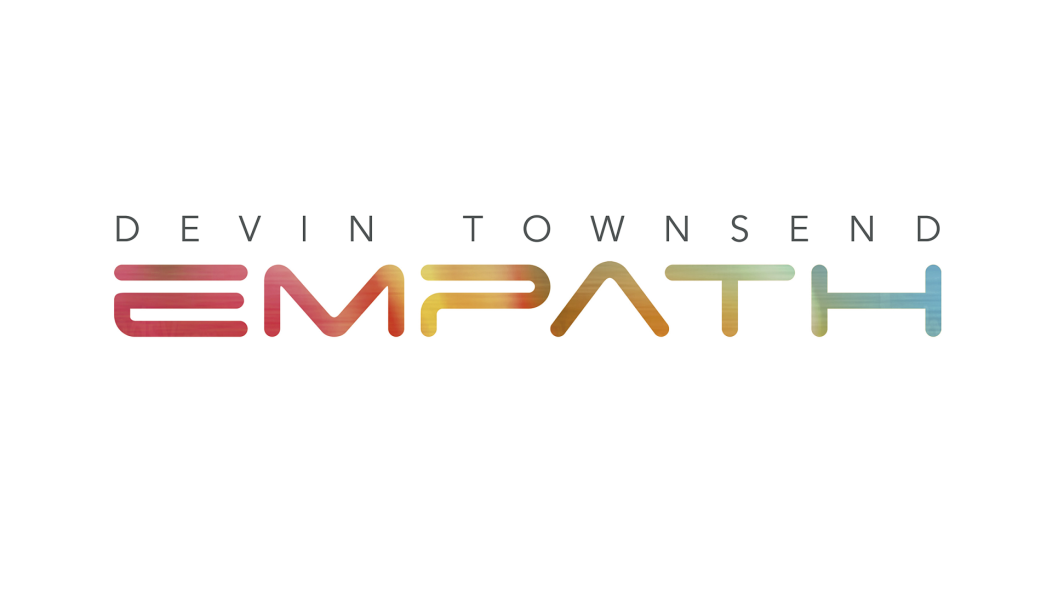
Chaos and Cinema: "Empath" Perfectly Captures the Lucidity and Lunacy of Devin Townsend

…
There is, of course, a musical change of direction on Empath compared to the most recent Devin Townsend material. This, if anything, signals more of a modal pattern for him than any one particular sound, leaping from one sonic space to the next throughout his entire career, be it solo work, his (self-titled) prog bands, or Strapping Young Lad. The throughline of those groups — the dense production, the panoramic visionary scale of the music, the interlaced pop-metal, post-Zappa prog, art rock, and dashes of the extreme — all express themselves across Empath, which presents an interesting dilemma when discussing the record: for Townsend himself, so well known for left-turns, stylistic reconfiguration is likewise so expected that his work becomes hard to analyze successfully. That said, Empath demands more specific note than just “more, but different, again.”
Following the dissolution of the Devin Townsend Project — his previous outfit which saw increasingly more serious and inwardly-drawn music after a macro-scale four-album musical inventory from Townsend and a brief arena pop-metal phase — Townsend seemed to want a level of creative freedom that a traditional group setting didn’t really offer. There’s nothing on Empath that feels like it couldn’t have been played by Devin Townsend Project, and in fact, several moments will remind listeners of Ki, Addicted, and Epicloud. The last record of that run, Transcendence, felt very much like an ending or some inward epiphany about what that group had brought Townsend as a person as much as a player — also, it was a glorified solo project and such endings require terminations, else they won’t endings be. Empath feels like, in this sense, the bright, bursting light breaking through the deep introspective clouds of Transcendence, the wild effusive creative outpouring that comes after such a focused and thoughtful record.
The tenor of Empath skews toward an airy, light approach even in moments of sonic density and downtuned guitars, feeling like a post-modern heavy metal approach to the fairy tales of classic Yes as much as it does a Disney musical scored by the man who once helmed Strapping Young Lad. A lot has been made of the connection this album has to, of all people, Chad Kroeger of Nickelback, but the importance of that connection is that inspiration from an unlikely source (among many others) allows Townsend to pursue his artistic voice without regard to profitability or fame (something that we must begrudgingly respect Nickelback for, a group that has soldiered on with their very particular vision for hard rock despite taking a critical and pop cultural licking for over a decade now). What this amounts to timbrally and structurally across Empath is the kind of sonic chaos and wide-winged span that frankly should have been on Ziltoid the Omniscient’s sequel Dark Matters: Ziltoid the Omniscient. The former was motivated by a wild and unrestrained sonic approach employed by Townsend who freely plucked ideas from Strapping Young Lad, his solo work, and his side experiments to craft a single manic burst of creativity; the sequel, meanwhile, felt restrained to the palette its esteemed predecessor had carved out for it, attempting to be a proper follow up in terms of material rather than in spirit.
…
…
Empath feels like Devin Townsend learned from the sequel’s mistakes, allowing himself to indulge in that free-spirited jaunt across the million sonic spaces he’s able to successfully employ without feeling forced or like he’s trying to make you giggle, something other prog metal bands that attempt this kind of stylistic breadth sometimes fail tremendously at doing.
This does not mean that, to be frank, Townsend does not crawl up his own ass at times. What it does mean, however, is that those excursions are a great deal more understandable. By now in his career, we know that Townsend sometimes indulges on what at first seems to be perhaps wasteful whimsy, but is later validated by his sincerity. The power of a multicolor, bright, and bold record like Empath is that extreme metal touches are depicted in the way that big scary monsters in children’s cartoons are, as opposed to the morbidity of a group like Mortuary Drape or the esoteric spiritualism of Chaos Moon. Empath often plays like the soundtrack to some invisible, impossible Disney musical cartoon that exists only in his mind, paced track by track to have overtures and moments of terror and trial, introspection and elation, joy and fear, love and sorrow. The muted internalities of Transcendence are gone, replaced not by music that gestures out to the world but instead draws inward with a sense of childlike creative joy. This joy is infectious; even at moments that at first feel weaker or even cheesier, the album is effervescent and effusive in play and elation, which means more than a moment-to-moment whoa-factor.
It’s ironic that Townsend made perhaps the most cinematically cohesive record of his career since Ziltoid the Omniscient with what is notably not a concept album. Intriguing, partly because nearly every single record between Ziltoid the Omniscient and Empath was a concept album of some sort, be it by a fully-written narrative or by specific thematic unities employed in the material. Empath is wider, more a sequence of material that Devin Townsend just happened to write with no real gameplan in mind, much like the origins of Epicloud before it. Unlike that album, though, Empath/ spans wider and more often finds success, acting as the light-side counterpoint to the dourness of Deconstruction.
Empath dances wildly like bold, brightly colored cartoon animals engaging in epic quests and tales of ageless enlightenment and romance alongside fart jokes and slapstick gags. It is one of the most earnestly expansive Townsend records, finding a parallel perhaps closest in a record like Synchestra. It is too early, it seems, to order it among the constellated stars of Townsend’s lengthy career, and its unearthly brightness may be off-putting for some desiring a record more akin to Ocean Machine: Biomech, Alien, or Transcendence — but, for its mad breadth and boisterous joy, not to mention really fucking good songs, Empath is an exceptional record and an indication that Townsend’s future career may be forever fertile.
…
Empath releases tomorrow via Hevy Devy Records. Be sure to check out Langdon’s extensive retrospectives on early-era Townsend, Strapping Young Lad, and later-era Townsend.

…
Support Invisible Oranges on Patreon.
…











